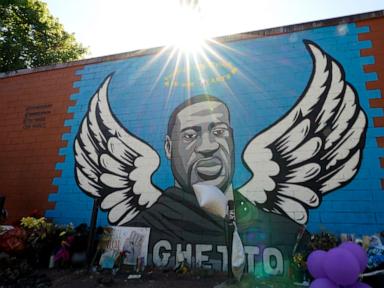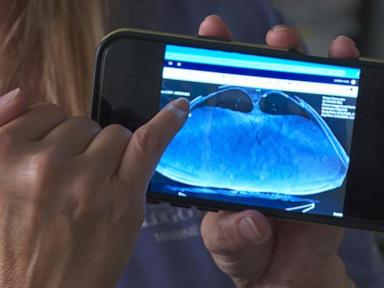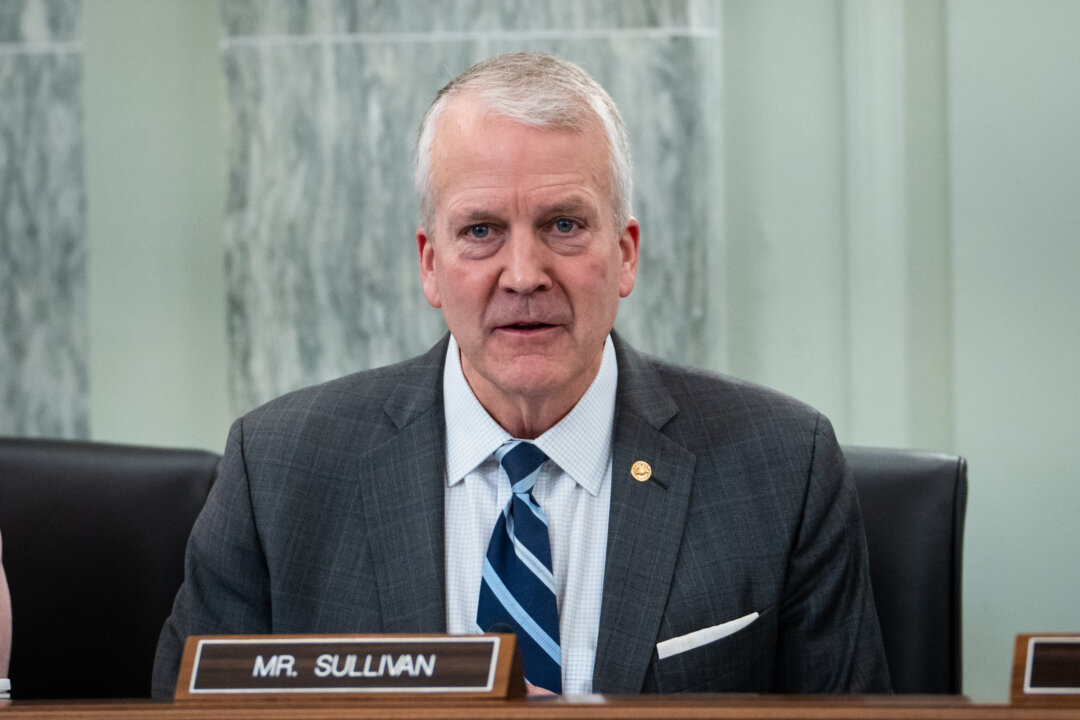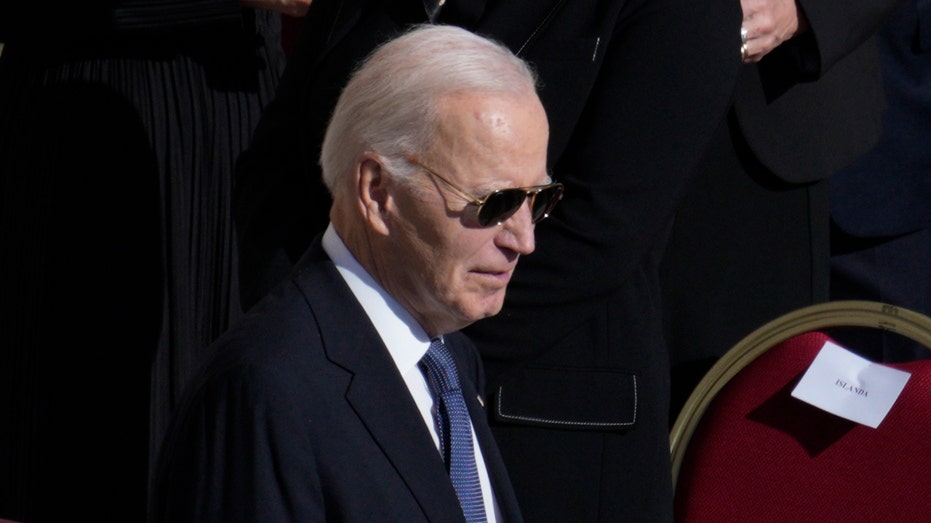

Many people mistakenly believe that it’s harmless to watch free pornography online. "It's simply a fantasy," they say.
But a new report released by the National Center on Sexual Exploitation provides the hard proof that the pornography industry has contributed to the global rise in image-based sexual abuse (ISBA), which has serious and traumatic real-world impacts.
Our elected leaders need to act to hold pornography tube sites accountable for the abuses they perpetuate.
IBSA is a rapidly growing form of sexual violence that includes the creation, manipulation, theft, extortion, threatened or actual distribution, or any use of images for sexual purposes without the meaningful consent of the person depicted. IBSA manifests in several forms, including nonconsensual distribution of sexually explicit images or videos, recorded sexual violence, video voyeurism, and nonconsensual creation or distribution of AI-generated forged pornography.
The reality is that porn companies like Pornhub, XVideos, XNXX, and xHamster have built their platforms by allowing, encouraging, and profiting from the distribution of image-based sexual abuse.
The enormous traffic generated by the availability of free pornography videos drives revenue from advertisers and affiliates as well as of “premium content,” such as personalized subscriptions and á la carte purchases. Thus, the internet pornography industry’s profit model is, in part, dependent upon the proliferation of free, user-generated material, which was ushered in by Pornhub, XVideos, and xHamster.
The uncomfortable reality is that this “freemium” model requires vast amounts of video content, so the platforms have become incentivized to allow user uploads without any meaningful age and consent verification for people depicted, even looking the other way when abuse or piracy is reported.
These concerns are not hypothetical: Videos of sexual assault, sex trafficking, and nonconsensual recordings are routinely uploaded to porn sites worldwide.
Take, for example, a women’s university field hockey team that traveled to another university to play a game. The visiting team was directed to a men’s locker room to use before and after the game. While using that locker room, the women were surreptitiously video recorded by a hidden camera that was placed there by a university employee, who then uploaded these videos to Pornhub and xHamster.
An investigation by journalists into XVideos described a video of an unconscious woman being sexually assaulted. In the video, which at the time had 121,000 views, someone left the comment, “I love the fact that she looks so lifeless lol.” At that time, there were also XVideos search categories such as “against her will” and “drugged and f***ed.”
A woman who works as a news anchor sued WCGZ S.R.O (XVideos’ owner) and other tech companies for allegedly using her image for dating and erectile dysfunction ads without her knowledge. The woman learned of the existence of the ads from co-workers. The image of the woman used in the ads was obtained from security camera footage at a convenience store.
Pornography companies are effectively socializing millions, if not billions, to see image-based sexual abuse as normal.
In February 2025, the pornography website XVideos returned 95,680 results for the term “real voyeur”; for the same term, XNXX returned 101,533 videos and an additional 18,800 “gold” videos, which were accessible with payment. Despite “warning messages” on the Pornhub website for some IBSA-related terms, as of February 2025, Pornhub continues to return results for many terms associated with IBSA and pirated material.
The truth is this: Pornhub and the porn industry as a whole continue to socialize their users to view IBSA (whether real or staged) not as abuse but as normative sexual behavior.
Those who are victimized may endure lifelong emotional, physical, and social trauma. A study conducted in Australia reported that one in five persons of 4,274 participants (2,406 female, 1,868 male) had experienced at least one form of IBSA. Among those who had experienced IBSA, 80.8% of women and 72.9% of men reported feeling annoyed, humiliated, depressed, angry, or fearful as a consequence.
In 2017, an online survey of 3,044 individuals conducted in the U.S. reported that compared to people without IBSA victimization, survivors of IBSA had “worse mental health outcomes and higher levels of physiological problems.” Informal online survey data from August 2012 to December 2013 found that 51% of those victimized by IBSA contemplated suicide as a result of their experience.
Once a video is uploaded, it is nearly impossible to get it removed from the platform and from the internet at large.
The recently passed TAKE IT DOWN Act, signed into law by President Trump, criminalizes the act of uploading image-based sexual abuse and mandate its removal within 48 hours. This is a tremendous step forward in confronting IBSA.
But many solutions to confront this abuse are needed, and our elected leaders need to act to hold pornography tube sites accountable for the abuses they perpetuate.
Everyone deserves to live without the fear of their likeness being found on a pornography website.
.png)
 6 hours ago
3
6 hours ago
3














 English (US)
English (US)